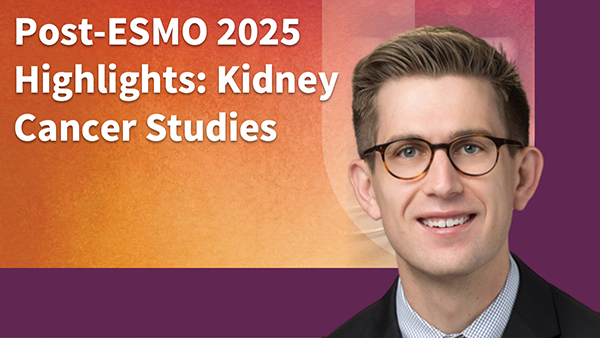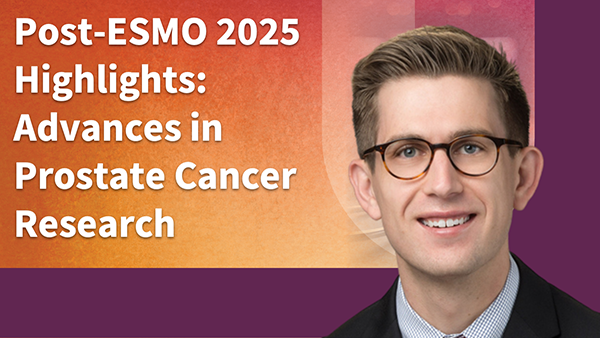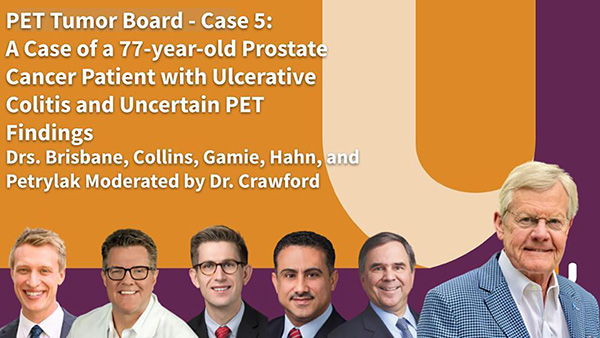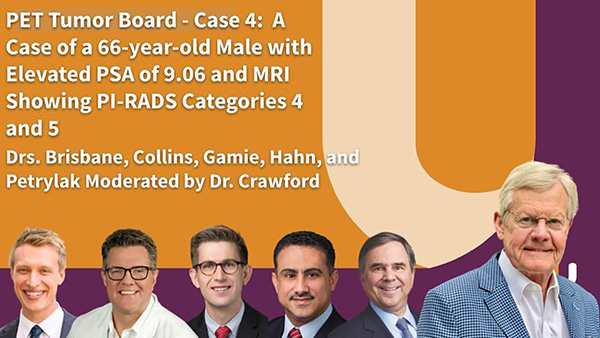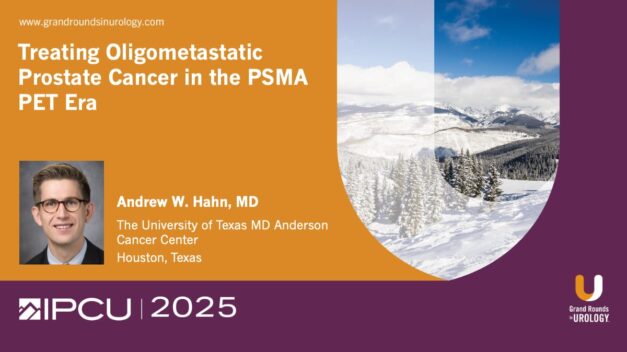Post-ESMO 2025 Highlights: Kidney Cancer Studies
Dr. Andrew W. Hahn of MD Anderson Cancer Center summarizes pivotal kidney cancer studies presented at ESMO 2025, including pembrolizumab-based triplets, biomarker-guided strategies, and adjuvant immunotherapy trials, offering insight into evolving RCC treatment approaches.
Read More
